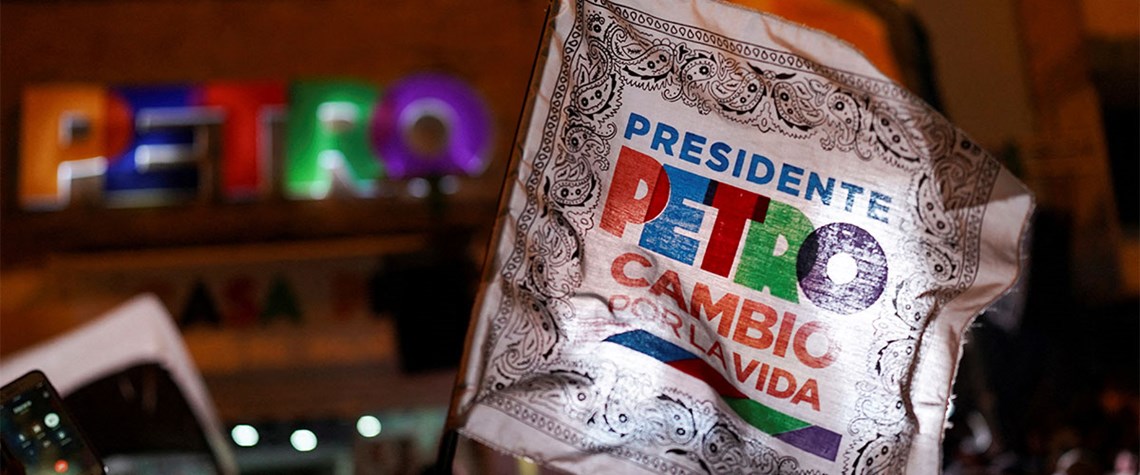Letter from South America: Petro plots course for transition
Colombia’s new president has no interest in arresting decline in the country’s oil and gas production
Politics and pragmatism rarely mix, and it seems Colombia’s new president, Gustavo Petro, will be no exception to that rule. However, politicians are renowned for their ability to dream, and in the long term, that may be just as valuable. The fact of the matter is Colombia is already on a path to reducing its economic dependence on oil. The country has gone a long time with no significant increase in proven resources—essentially since 2012. Crude resources totalled 2bn bl in 2021 and production has been steadily declining since 2013, with the nation producing an average of below 750,000bl/d last year, a 6pc drop year on year, with volumes expected to fall again in 2022. Gas production is al

Also in this section
17 February 2026
The 25th WPC Energy Congress, taking place in Riyadh, Saudi Arabia from 26–30 April 2026, will bring together leaders from the political, industrial, financial and technology sectors under the unifying theme “Pathways to an Energy Future for All”
17 February 2026
Siemens Energy has been active in the Kingdom for nearly a century, evolving over that time from a project-based foreign supplier to a locally operating multi-national company with its own domestic supply chain and workforce
17 February 2026
Eni’s chief operating officer for global natural resources, Guido Brusco, takes stock of the company’s key achievements over the past year, and what differentiates its strategy from those of its peers in the LNG sector and beyond
16 February 2026
As the third wave of global LNG arrives, Wood Mackenzie’s director for Europe gas and LNG, Tom Marzec-Manser, discusses with Petroleum Economist the outlook for Europe’s gas market in 2026








